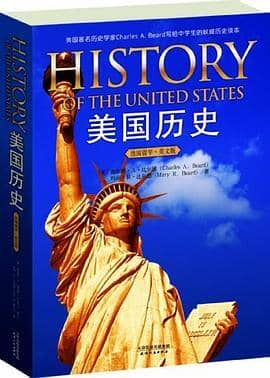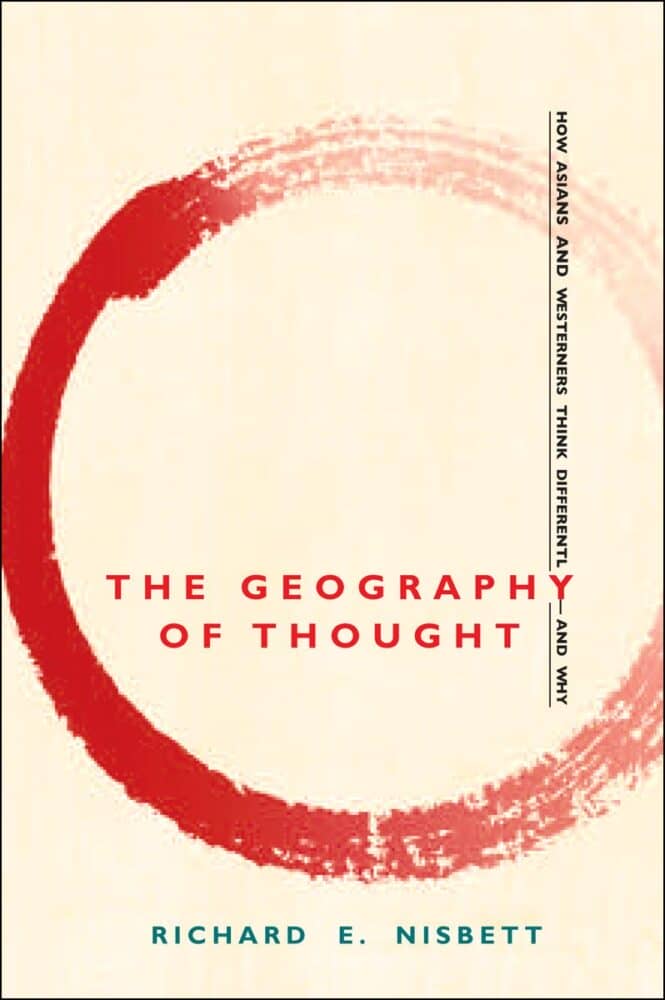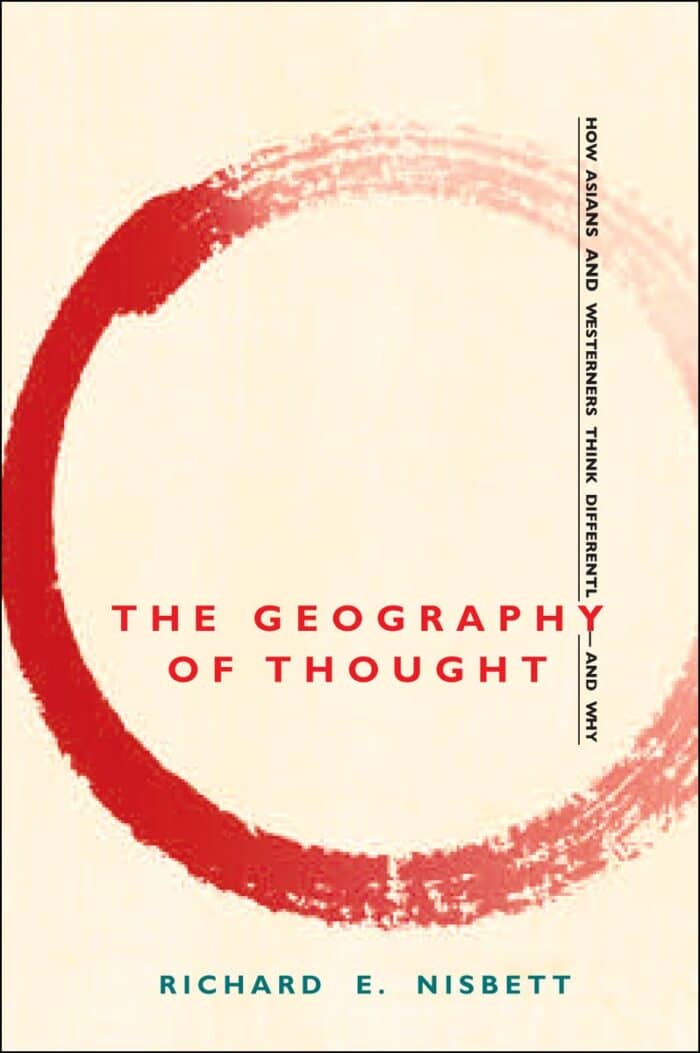内容简介:
《美国历史(英文版)》继哈佛大学著名历史学家钱宁的《美国学生历史》(英汉双语版)出版问市后,受到众多读者欢迎,不少读者期望能买到英文原版关于美国历史的教材,《美国历史》正是为满足这部分读者纯英文阅读的需求。
这本全英文版的《美国历史》由美国著名历史学家比尔德编写,以西方人的视角,深入浅出地介绍了从殖民地时期到世界大战期间美国历史上的重大事件与文明发展。《美国历史》按不同历史时期,分知识点,一一讲述,便于理解记忆。为使读者更好地理解和掌握各章的重点和难点,每章末尾还附有练习题和思考题。文中还配有相应的插图,便于对不同地域和各个时期人物及事件有更直观感受。通过阅读《美国历史》,能理清美国历史发展脉络,获得对美国历史全景式认知,从而能更好地了解美国这个社会和文化多元的国家。
《美国历史(英文版)》适合高中以上读者阅读使用,对于备考SAT的学生应该很有帮助。全书提供配套英文朗读下载,在提升阅读水平的同时练习英文听力与口语。对于普通英语学习爱好者,也是一本很好的了解美国历史的学习读本。作者在前言中,对《美国历史》的特点作了如下介绍:
It is not upon negative features, however, that we rest our case. It is rather upon constructive features.
First. We have written a topical, not a narrative, history. We have tried to set forth the important aspects, problems, and movements of each period, bringing in the narrative rather by way of illustration.
Second. We have emphasized those historical topics which help to explain how our nation has come to be what it is to-day.
Third. We have dwelt fully upon the social and economic aspects of our history, especially in relation to the politics of each period.
Fourth. We have treated the causes and results of wars, the problems of financing and sustaining armed forces, rather than military strategy. These are the subjects, which belong to a history for civilians. These are matters which civilians can understand—matters which they must understand, if they are to play well their part in war and peace.
Fifth. By omitting the period of exploration, we have been able to enlarge the treatment of our own time. We have given special attention to the history of those current questions which must form the subject matter of sound instruction in citizenship.
Sixth. We have borne in mind that America, with all her unique characteristics, is a part of a general civilization. Accordingly we have given diplomacy, foreign affairs, world relations, and the reciprocal influences of nations their appropriate place.
Seventh. We have deliberately aimed at standards of maturity.
The study of a mere narrative calls mainly for the use of the memory. We have aimed to stimulate habits of analysis, comparison, association, reflection, and generalization—habits calculated to enlarge as well as inform the mind. We have been at great pains to make our text clear, simple, and direct; but we have earnestly sought to stretch the intellects of our readers— to put them upon their mettle. Most of them will receive the last of their formal instruction in the high school. The world will soon expect maturity from them. Their achievements will depend upon the possession of other powers than memory alone. The effectiveness of their citizenship in our republic will be measured by the excellence of their judgment as well as the fullness of their information。
作者简介:
查尔斯•A•比尔德,美国著名历史学家,去世于1948年。他写作的《美国文明的兴起》一书,被商务印书馆翻译出版并选入“汉译名著”系列。
Charles Austin Beard (November 27, 1874—September 1, 1948) was an American historian. He published hundreds of monographs, textbooks and interpretive studies in both history and political science. His works included radical re-evaluation of the Founding Fathers of the United States, whom he believed were more motivated by economics than by philosophical principles。
Mary Ritter Beard (August 5, 1876—August 14, 1958) was an influential American historian and archivist , who played an important role in the women's suffrage movement and was a lifelong advocate for social justice through educational and activist roles in both the labor and woman's rights movements. She wrote several books on women's role in history including On Understanding Women (1931), America Through Women's Eyes (1933) and Woman As Force In History: A Study in Traditions and Realities (1946). In addition, she collaborated with her husband, eminent historian Charles Austin Beard on several distinguished works, most notably The Rise of American Civilization (1927)。
试读:
PREFACE
As things now stand, the course of instruction in American history in our public schools embraces three distinct treatments of the subject. Three separate books are used. First, there is the primary book, which is usually a very condensed narrative with emphasis on biographies and anecdotes. Second, there is the advanced text for the seventh or eighth grade, generally speaking, an expansion of the elementary book by the addition of forty or fifty thousand words. Finally, there is the high school manual. This, too, ordinarily follows the beaten path, giving fuller accounts of the same events and characters. To put it bluntly, we do not assume that our children obtain permanent possessions from their study of history in the lower grades. If mathematicians followed the same method, high school texts on algebra and geometry would include the multiplication table and fractions.
There is, of course, a ready answer to the criticism advanced above. It is that teachers have learned from bitter experience how little history their pupils retain as they pass along the regular route. No teacher of history will deny this. Still it is a standing challenge to existing methods of historical instruction. If the study of history cannot be made truly progressive like the study of mathematics, science, and languages, then the historians assume a grave responsibility in adding their subject to the already overloaded curriculum. If the successive historical texts are only enlarged editions of the first text—more facts, more dates, more words—then history deserves most of the sharp criticism which it is receiving from teachers of science, civics, and economics.
In this condition of affairs we find our justification for offering a new high school text in American history. Our first contribution is one of omission. The time-honored stories of exploration and the biographies of heroes are left out. We frankly hold that, if pupils know little or nothing about Columbus, Cortes, Magellan, or Captain John Smith by the time they reach the high school, it is useless to tell the same stories for perhaps the fourth time. It is worse than useless. It is an offense against the teachers of those subjects that are demonstrated to be progressive in character.
In the next place we have omitted all descriptions of battles. Our reasons for this are simple. The strategy of a campaign or of a single battle is a highly technical, and usually a highly controversial, matter about which experts differ widely. In the field of military and naval operations most writers and teachers of history are mere novices. To dispose of Gettysburg or the Wilderness in ten lines or ten pages is equally absurd to the serious student of military affairs. Any one who compares the ordinary textbook account of a single Civil War campaign with the account given by Ropes, for instance, will ask for no further comment. No youth called upon to serve our country in arms would think of turning to a high school manual for information about the art of warfare. The dramatic scene or episode, so useful in arousing the interest of the immature pupil, seems out of place in a book that deliberately appeals to boys and girls on the very threshold of life's serious responsibilities.
It is not upon negative features, however, that we rest our case. It is rather upon constructive features.
First. We have written a topical, not a narrative, history. We have tried to set forth the important aspects, problems, and movements of each period, bringing in the narrative rather by way of illustration.
Second. We have emphasized those historical topics which help to explain how our nation has come to be what it is to-day.
Third. We have dwelt fully upon the social and economic aspects of our history, especially in relation to the politics of each period.
Fourth. We have treated the causes and results of wars, the problems of financing and sustaining armed forces, rather than military strategy. These are the subjects which belong to a history for civilians. These are matters which civilians can understand—matters which they must understand, if they are to play well their part in war and peace.
Fifth. By omitting the period of exploration, we have been able to enlarge the treatment of our own time. We have given special attention to the history of those current questions which must form the subject matter of sound instruction in citizenship.
Sixth. We have borne in mind that America, with all her unique characteristics, is a part of a general civilization. Accordingly we have given diplomacy, foreign affairs, world relations, and the reciprocal influences of nations their appropriate place.
Seventh. We have deliberately aimed at standards of maturity. The study of a mere narrative calls mainly for the use of the memory. We have aimed to stimulate habits of analysis, comparison, association, reflection, and generalization—habits calculated to enlarge as well as inform the mind. We have been at great pains to make our text clear, simple, and direct; but we have earnestly sought to stretch the intellects of our readers—to put them upon their mettle. Most of them will receive the last of their formal instruction in the high school. The world will soon expect maturity from them. Their achievements will depend upon the possession of other powers than memory alone. The effectiveness of their citizenship in our republic will be measured by the excellence of their judgment as well as the fullness of their information.








